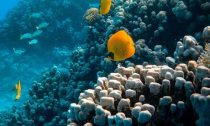
Healthy marine ecosystems are essential for human well-being, and millions of people around the world rely on coral reefs for food, protection, recreation, medicine, cultural connection and economic opportunities. So, the decline of coral reefs is not just an ocean-lover’s issue; it’s also a global problem that requires collaborative action.
“The situation with coral reefs is quite alarming,” said Titouan Bernicot, founder of Coral Gardeners, a coral restoration collective in Moorea, French Polynesia.
Studies have found that live global coral coverage has declined by 50 percent since the 1950s and is expected to decline by about 70 to 90 percent in the next 20 years.
Danny DeMartini, chief scientific officer and co-founder of Kuleana Coral Restoration, a nonprofit organisation i...
Read More










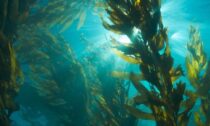
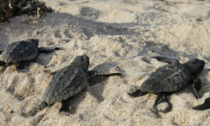

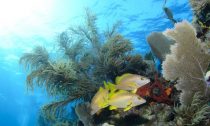
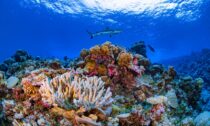
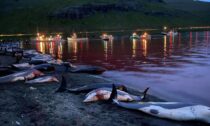
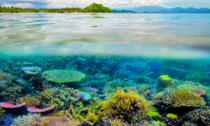
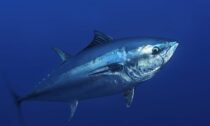

Social Profiles